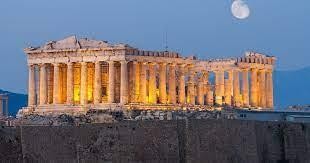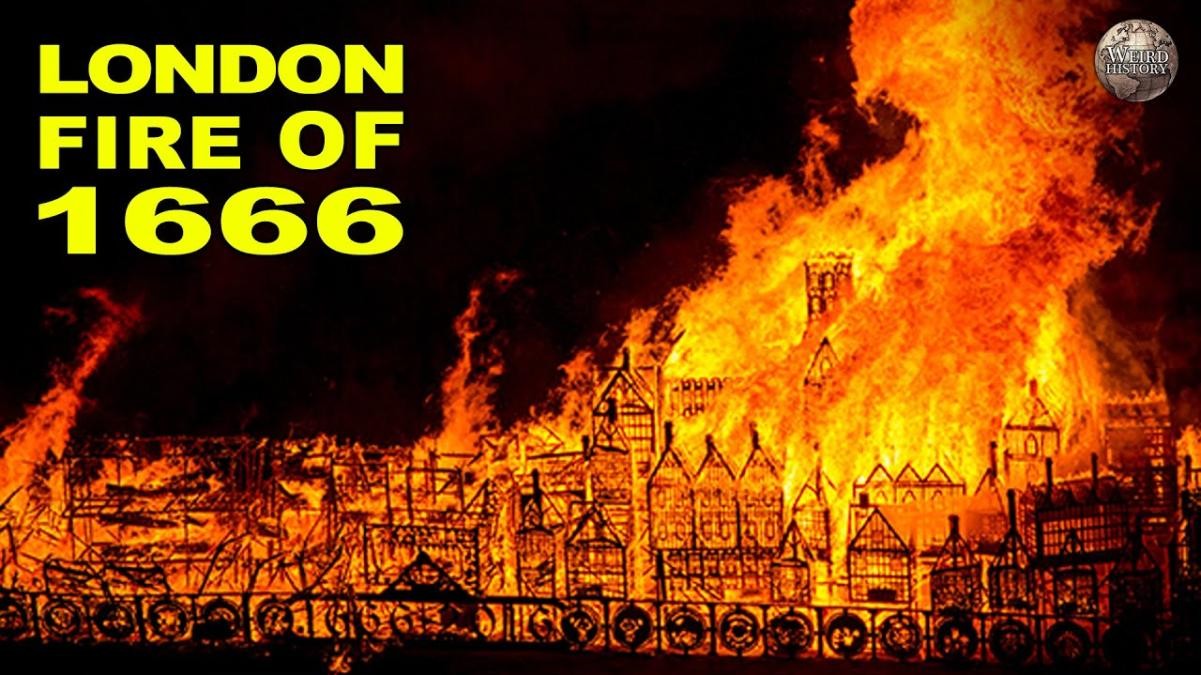“The more you know about the past, the better prepared you are for the future.”
Theodore Roosevelt
Intent:
To make learning as interesting, meaningful and engaging as possible, we have a Curious Curriculum. This is a knowledge based curriculum with each theme and subsequent lesson starting with an enquiry question. Children are active participants in their learning journey; we promote skills in creativity and develop critical thinking by following a line of enquiry.
At Warbstow the teaching of history gives pupils an understanding of the past through learning about human achievements and experiences. We aim to give our children a history curriculum which enables them to become confident, creative and independent learners. We want to inspire the pupils' curiosity to know more about the past and to consider the fundamental historical concepts of continuity and change, cause and consequence, significance and similarities and differences within the different periods studied. We seek to broaden children's real-life experiences both inside and outside of school through educational visits, visitors, exploration and discovery. We believe that within history lessons, our children acquire a range of knowledge and skills, which they can then apply to other subjects and in a variety of situations.
We aim for our children to develop a curiosity and fascination to find out more about our local past and that of Britain’s and the wider world. We strive to ensure all children have a fundamental understanding of key periods in history and to learn to ask appropriate questions about why things happen in the past and the impact of those events. Our teaching equips pupils with a coherent knowledge and understanding of Britain’s past and that of the wider world. Children will learn about ancient civilisations and empires, changes in living memory and beyond living memory, learn about the lives of significant people and events in the past.
Our curriculum is ambitious and designed to give all pupils, particularly children with SEND the knowledge they need to succeed in life. Learning is adapted to be ambitious yet allows children to develop their knowledge, skills and abilities to apply what they know and can do with increasing fluency and independence. Universal Provision strategies are implemented to scaffold and support learning.
Implementation:
Our history curriculum is taught over a range of different topics throughout the year on a rolling cycle; this allows children to develop depth in their learning and expand on existing knowledge. Blocks are taught in chronological order to enable children to acquire a strong understanding of time. Teachers are aware of the key knowledge and skills of each topic and careful consideration has been given to ensure progression across years and classes.
A variety of assessment approaches are used from observations, marking, white board ‘show me’ and informal assessments. This informs future planning, ensures any misconceptions are responded to and sets the pace of learning appropriately.
Early Years:
In EYFS, history is covered through the curriculum programme of PSED and Understanding the World, in particular past and present. Children talk about the lives of the people around them and their roles in society. They develop their understanding of the past and now. They learn about their lives and their family history. They will begin to develop their understanding of change and aging when talking about their family members. Children will compare and contrast characters from stories including figures from the past such as kings, queens, and famous people that provide the foundations for historical concepts.
Key Stage One and Two:
We ensure that sufficient time is given to History, in order to enable pupils to meet the expectations set out in the National Curriculum programme of study. The History curriculum is coherent and shows progression, allowing time for children to take inspiration from the world around them, both locally and further afield.
Children learn about changes within living memory and events beyond living memory that are significant nationally or globally. They will also study the lives of significant individuals who have made contributions to national and international achievements. They learn where the people and events they study fit within a chronological framework and they identify similarities and differences between ways of life in different periods. This continues with children continuing to develop a chronologically secure knowledge and understanding of British, local and world history.
Impact:
The teaching of history enables pupils to:
- develop a curiosity and understanding of events, places and people in a variety of times.
- develop an appreciation of human achievements and aspirations.
- understand the values of our society.
- think critically and be able to support, evaluate and challenge their own and others’ views using historical evidence from a range of sources.
- learn about the major issues and events in the history of our own country and of the world and how these events may have influenced one another.
- develop a knowledge of chronology within which the children can organise their understanding of the past.
- understand how the past was different from the present and that people of other times and places may have had different values and attitudes from ours.
- distinguish between historical facts and the interpretation of those facts.
- understand that events have a range of causes and that historical explanation is provisional, debatable and sometimes controversial.


